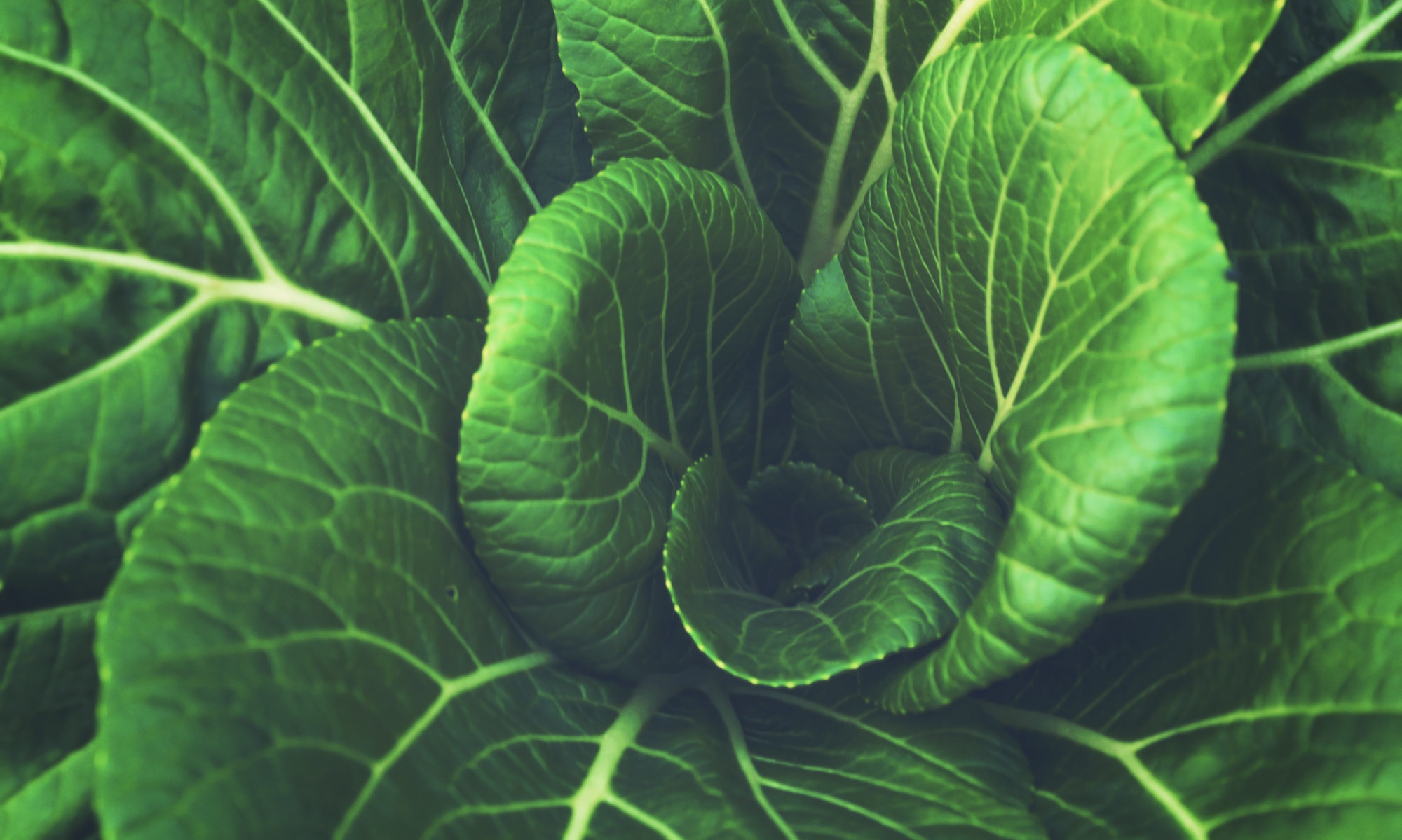DNA: The Information Storage Unit
DNA is the collection of molecules that build organisms, allowing them survive in the world over generations. This means that these molecules store information needed to make an entire life form. As we discussed earlier, a series of 4 molecules arrange themselves in long sequences, making a code that can be translated into an organism. These codes add up to be incredibly long, like binary in computers. One human cell contains about three meters of DNA inside it. All the DNA in all your cells would stretch long enough to journey from the Earth to the sun 66 times!
However, this code is not immune to errors. Changes in the code can result in a change in the structure of the coded protein, potentially affecting its function. It is through tiny changes like this that life was able to generate such diversity.
Types of Mutations
Mutations come in two forms: DNA mutation in specific cells within a mature life form and DNA mutation at the conception of an organism. Both of these types of changes have different effects on the target organism, some good, some bad.
Somatic Cell Mutations: Cancer and Disease
The first form of mutations are the dangerous kind. These mutations involve changes in the DNA of a cell in a developed organism. When a change occurs inside a single cell (like a skin cell), it affects its ability to “relate” to the rest of the body. It can be thought of as a person slowly forgetting the national language, slowly making it impossible for him to coordinate his actions. This DNA mutation can occur as a result of reactive oxygen (burning food), viral infections, ultraviolet radiation and more.
Every multi-cellular organism is engaged in a fierce battle of regulation. Just think about it; in order for you to survive, trillions of cells must coordinate their actions all the time. This is much like a country in martial law, with no room for leniency. After all, if every cell was allowed to do what it wanted, they would all revert back to the primitive bacterial instinct of constant division.
In order to stop this from happening, the DNA of each cell has proteins to protect it from damage. There is one catch, however. In order for these “guard” proteins to form, they too must be coded for in the DNA. The threat becomes real when mutations destroy the guard proteins. If this happens, there is nothing left to stop mutations from building up and cell division to occur. This is the first step on the path towards cancer.
How Everyone Fights Cancer Everyday
When this type of DNA mutation occurs, the body has two health choices: kill the cell or fix the code.
There is an entire system dedicated to replicating and fixing DNA inside each cell. When your cell divides, 6 billion pieces of code have to be copied accurately (skin cells can divide as fast as twice a day, for perspective). Unfortunately, the enzyme responsible for replication makes a mistake once every 100,000 letters. This means there are upwards of 60,000 mistakes every division!
To repair all of these errors, another enzyme proofreads the code and fixes any mistakes. However, this only fixes 99% of the mistakes and some mutations continue on through the cellular generations. Most of the errors do not impact the function of the cell but if a critical piece of code is affected, then the cell could become compromised.
The Truth of the Immune System
The biggest battle the immune system is fighting every second is the battle against its own body. A large portion of white blood cells are constantly hunting for damaged cells. If they find cells beyond repair, they attach to the cell and signal it to kill itself in a process known as apoptosis. In fact, our immune systems find precancerous cells every day. This is an essential ability for cells to have in order to make sure the organism survives. In a future post, I will discuss how we can easily improve our immune system’s function with a simple trick.
Inevitably, these defense mechanisms can be avoided by cells that have mutations in very specific locations. If a cell gains a DNA mutation in a guard protein and disables communication with white blood cells, it will freely gather mutations until it begins to rapidly divide. At this point, all bodily regulation is useless as the cell becomes an entity of its own. It is no longer coordinating with the body and will divide as much as it can. This is the beginning of tumor formation in cancer cells.
Regulation of cells is the most important factor in the lives of multi-cellular animals. Due to the immense amount of complexity these organisms maintain, they must constantly be fighting the forces of entropy in the universe. If they lose the battle, the organisms will become the victims of physics and break down.



2 Replies to “DNA Mutation: The Ultimate Elixir of Life”
Comments are closed.